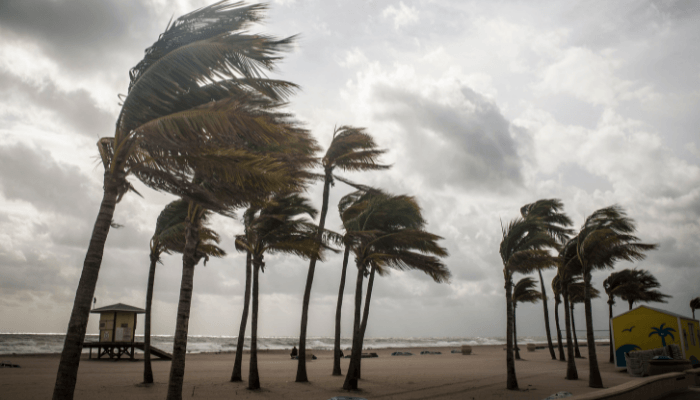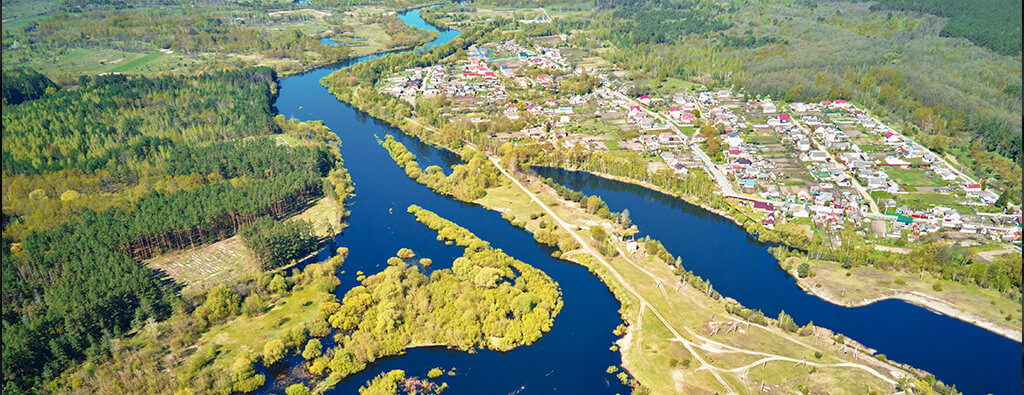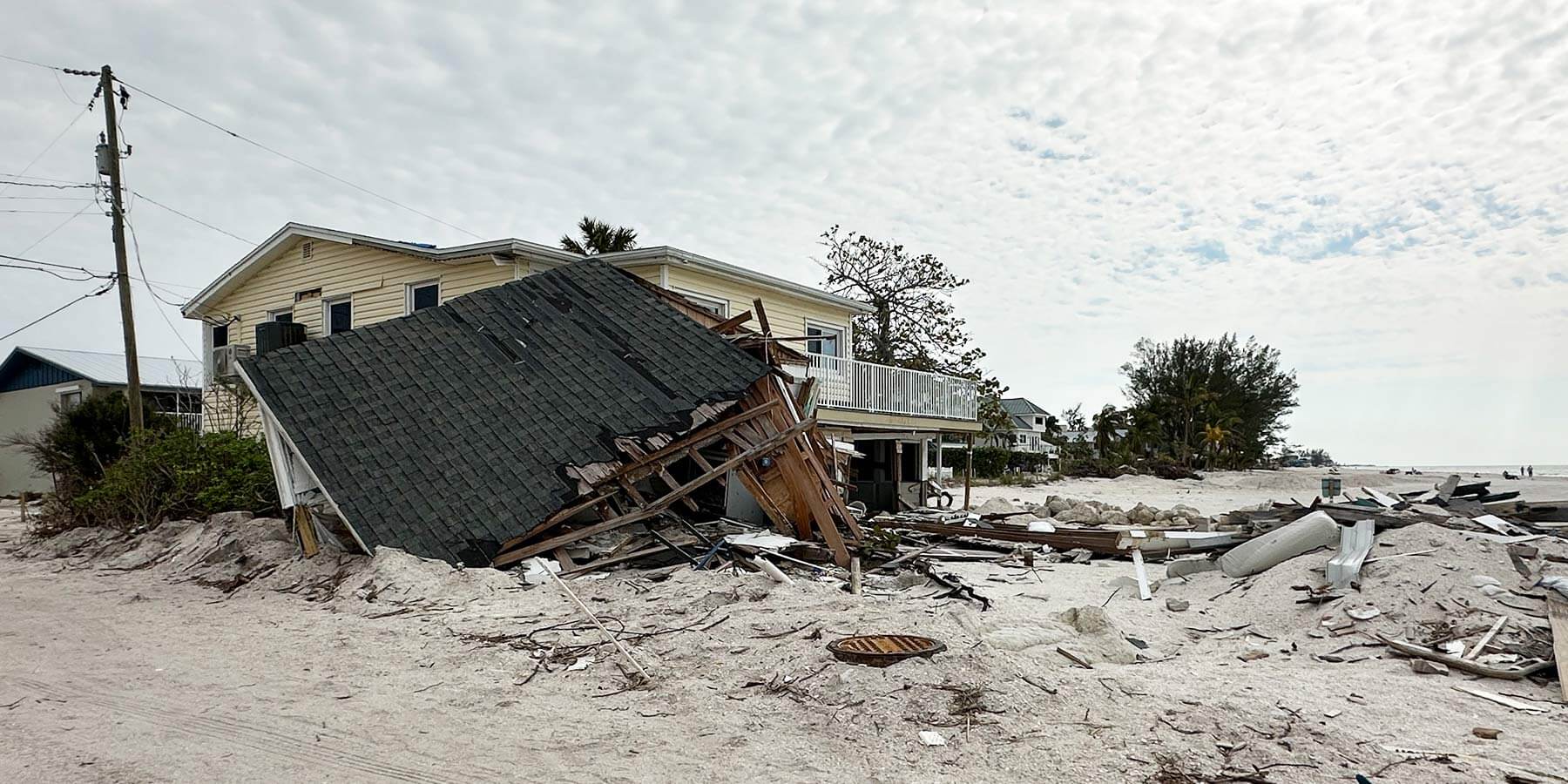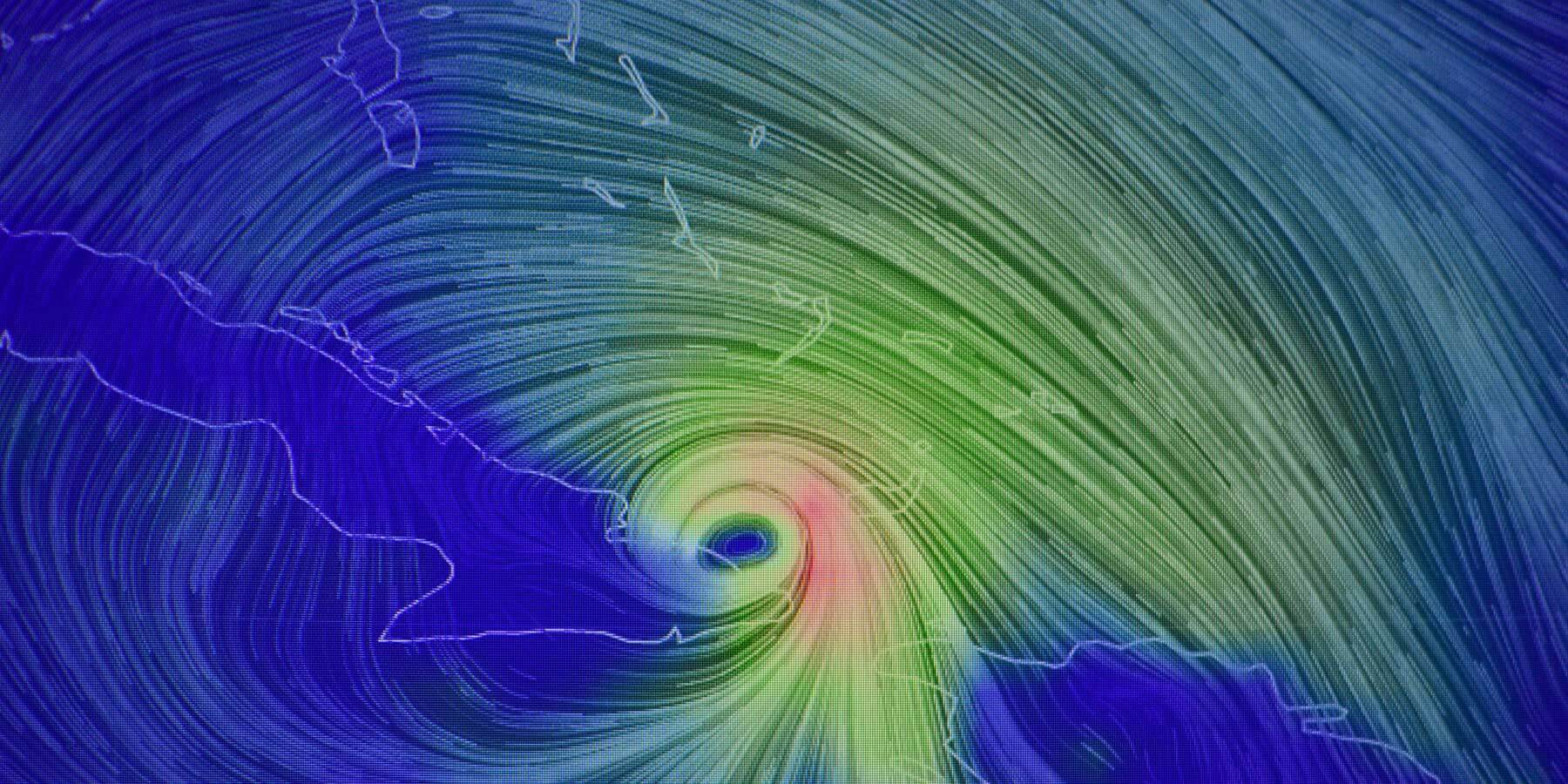The near miss with Tropical Storm Claudette last month and now Tropical Storm Elsa make clear that hurricane season is here. North Carolina residents and governments should act now to prepare for a hurricane coming ashore while COVID-19 still threatens the ability to respond.
A top preparedness priority remains safely sheltering North Carolinians evacuating out of the path of a storm. Currently, about 53% of N.C. residents have received a full COVID-19 vaccination, which means sheltering operations should be designed to still support social distancing and mask use. Ready North Carolina encourages citizens to include masks in their emergency supply kit in case they must shelter in a confined space with people who may not have been vaccinated.
Residents can also secure the supplies they may need to prepare for a storm. Last year’s toilet paper shortage has been followed by a shortage in lumber. Residents planning to board up doors and windows may need more time to find the necessary wood.
The pandemic has also created staffing shortages that are diminishing the distribution network for critical supplies. State, county and municipal governments can consider assessing their public-private partnerships now to ensure distribution nodes are supplied and adequately staffed.
Preparedness planning may have fallen behind, so anything local and state leaders can do to help communities prepare can be beneficial. There’s still time for things like tabletop exercises with federal and local partners, which make a difference.
This hurricane season is starting as state and local governments revert to in-person operations. North Carolina’s leadership can consider updating its plans for managing emergency operations centers and continuity of operations to account for this hybrid status and the evolving challenges the pandemic still presents.
North Carolina is one of only a few states to have managed a hurricane response last year during COVID-19. The first hurricane in 2020 was named in July so the time to start applying those lessons is right now.
Read the original article here.
Author: Stephanie Murphy, MS, CEM, Vice President of Preparedness, Resiliency and Emergency Management (PREM) and Tidal Basin



